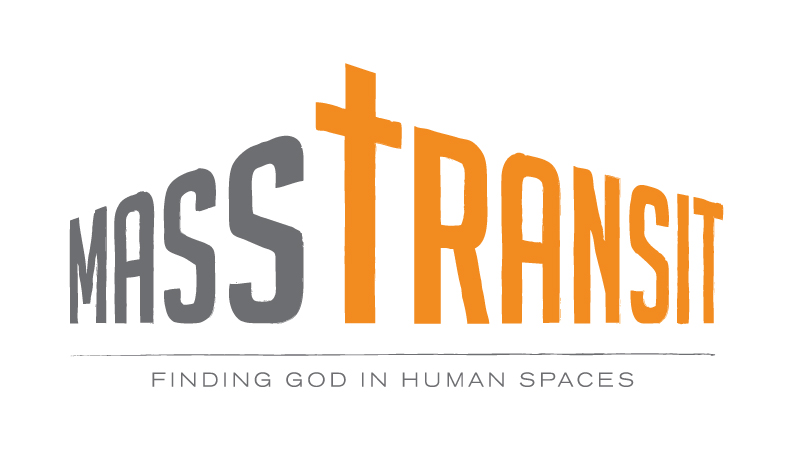Finding Balance in All Things
My commute into the office is 2 hours, one way.
For the two years I did this grueling commute--driving to the train station, taking the train into the Loop, then taking the 'L' before boarding a bus to my final destination--I thought my work-life balance was out of whack. This imbalance led me to leave that job and begin working as a freelance writer and editor.
Now I've learned that work-life balance is not a thing.
What we seek is not balance but integration or connection. After all, work and life are not competitors gripped in a zero-sum contest. Rather, life comprises several domains that are interconnected; life includes our work, our relationships, our health, our interests, and our spirituality (that is, our experience of the Divine).
The key to balance is in harmonizing these domains with one another. We don't find balance by choosing one domain over another in an attempt to find the correct measure of each. For example, I seem to think that to achieve work-life balance, I might have to sacrifice my career aspirations so I can nurture my relationships (or conversely, I might think I have to sacrifice friendships so I can succeed at work).
Rather, we find balance by finding agreement among them. How can I sustain the connections between my work, my relationships, my health, my interests, and my spirituality?
Here are some ways that might help:
- Know who you are. This integrates our spirituality and interests. St. Francis of Assisi used to pray, "Who are you Lord, and who am I?" By seeking God, Francis found himself. The same is true for each of us. When we seek the Divine we will eventually find out who we are. We will discover what motivates us, what brings us happiness, and what brings us a sense of peace.
- Know how you are. Of course, this journey of discovery can be a long and arduous one with many detours. We will have to be mindful of our physical, emotional, and spiritual health. Often, the dissonance we feel in trying to maintain the illusory "work-life" balance manifests itself as an ailment of one sort or another. Understanding this fact can help us make the adjustments necessary to sustain our sense of connection.
- Know what's important. We don't seek health, however, for its own sake. We seek to be healthy so that we can do more for God. (In Ignatian spirituality, this concept is called magis, which is Latin for "more".) We have to have a purpose, and we need to know how to fulfill that purpose with creativity and imagination. When we know what's important, we will begin to see how the domains of work, relationships, and interests work together.
- Know your limitations. In his TedX talk, Dan Thurmon said, "If you limit yourself to what's comfortable, you deny yourself what's possible." Knowledge of our limitations does not hold us back; rather, it helps us identify the boundaries of our comfort zone so we can go beyond them. We can only imagine new possibilities within the context of our current limitations, and we can only take advantage of new opportunities after imagining them first. Of course, this requires that we make ourselves vulnerable. But it is in our vulnerability that we most closely resemble Christ.
“The only way to feel a sense of control in an off-balance environment . . . is to elevate your focus.”
Balance is not a steady state, a point on a fulcrum where there is no movement. Rather, balance is a series of adjustments that we make to harmonize our work, relationships, health, interests, and spirituality. These adjustments require an awareness of who we are and what's important. And it's a lack of such awareness that causes our sense of imbalance. So the next time you feel like your life is out of whack, take time to ask yourself what's really important. Make space to ask yourself, "Who are you Lord, and who am I?"
